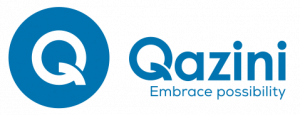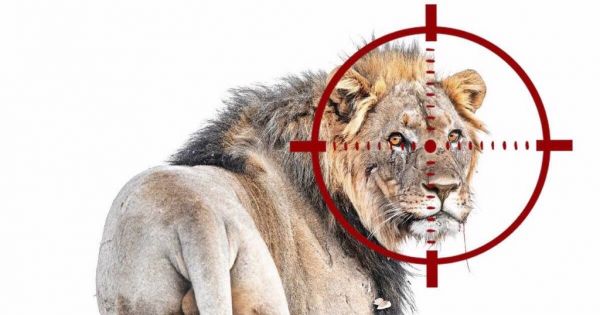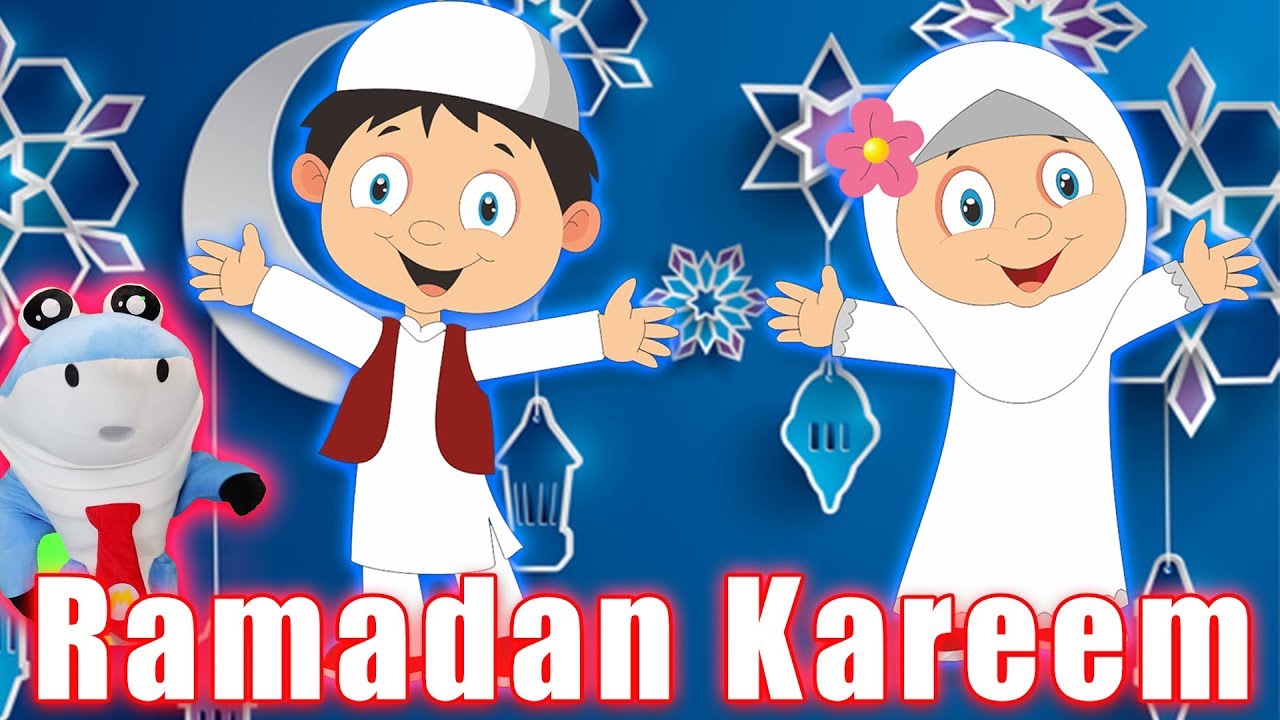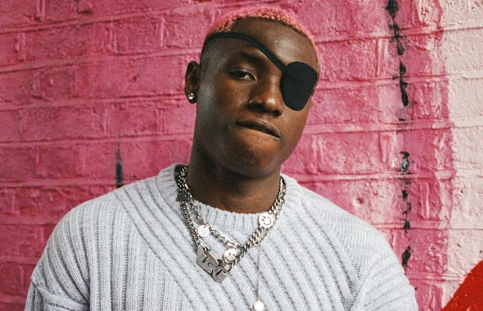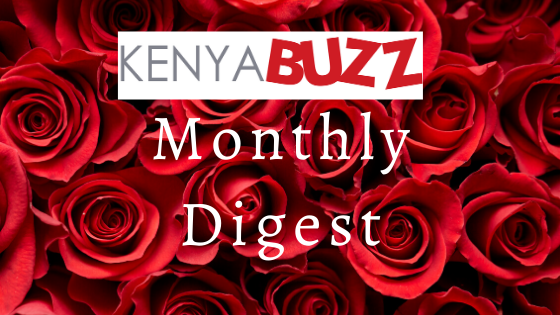Founder and Director of The Beach Co-op, Aaniyah Omardien, believes that we all need to take ownership of our resources because they belong to all of us. Her approach towards environmental conservation is driven by her values, including a sense of belonging, community, clarity, trust, and authenticity.Aaniyah hopes that her work will get as many people, particularly the marginalised, to experience the awe and wonder of nature and the healing power it has.She shares her story with Damaris Agweyu.Aaniyah, when would you say you came into your own?The process started about two years ago, just before the Black Lives Matter movement blew up. I had a major falling out with my best friend, who is white. My sister recommended that I do a course called
Becoming Fully Human. It addressed issues around racism. I had therapy sessions alongside the coursework, and this unravelled a lot for me. I realised how, all these years, I had been assimilating into specific spaces to fit in. As a result, I'd been subconsciously carrying this huge weight all my life.
I am glad I did that course because it allowed me to fully discover who I am and what I want.
How did you feel as it all unravelled?Angry. I felt like I had let myself down. But my therapist helped me navigate those feelings. She told me to look at what I had accomplished with my life; a lot of it may not have been possible if I had lived my life differently. I needed to focus not on the mistakes I had made but on my choices going forward.
I see how much harm I've done to myself, but I'm also not being hard on myself; I am approaching it all with great compassion.
With this new level of understanding, did the tone of your work change?Very much so. Our annual report for this year was titled
Opening Oceans for All. It's about approaching issues from a different lens.
While researching you, I came across the word intersectional environmentalism for the first time. What does it mean exactly?While studying for my degree in the science faculty, I encountered the divorced line between people and nature. They are now trying to teach it in a more interdisciplinary way, but in my time this wasn't the case.
Today, we know that the traditional ways in which environmentalism has been practised- the patriarchal, western, and exclusionary ways- haven't worked.
Understanding the intersection between the social, environmental and economic, and bringing all of those onto one platform gives more power to the environmental work. This is an inclusive version of environmentalism that advocates for both the protection of people and the planet.
I've realised that diversity is key; assimilation is not. It's been this personal journey to arrive here and bring my work with me because I've held myself back for the longest time. I've tried to push for diversity but through assimilation. I think it's related to my personality, wanting to approach things gently and not hurting anyone.
I'm learning to ask the hard questions, to stand up and address issues that haven't been addressed. I don't need to please everyone.
For intersectional environmentalism to work, experts in their respective fields need to have an open mindset, but that is often a challenge. People tend to get stuck in their areas and ways of doing things. They don't want to participate and take the time for new processes to work. That's why there aren't many success stories. It will take time. We need to understand it as a way of life because we're trying to break down capitalism.
Is that the goal? To break down capitalism?Yes. Capitalism is very much linked to patriarchy, the western way of doing things, and industrialisation. The intersectional way is changing and slowing down those things. It's about talking to indigenous cultures and vulnerable communities that are most affected by these issues. If we are to address climate change, we need to be consuming and extracting less, which is directly linked to capitalism.
And this speaks directly to my PhD. I am working on an area which I term the hydro-commons. My focus is the marine system. A marine system would not be if it weren't for healthy catchment areas and rivers that bring water to the ocean. In turn, the ocean feeds back into those catchments and rivers. It's a cycle. Each one relies on the other.
This, essentially, is the way the world works. We all rely on these resources; they belong to all of us. And yet, not all of us get a say in how we extract, use and benefit from them. The power and balance have been so skewed for so long. Dismantling this system is no mean feat.
I'm still figuring out how to go about it because I don't want to lead as an individual but, instead, within a community. I am big on collective leadership. Interestingly, within conservation, egos are so high up on the agenda that even the way we do conservation is around flagship species instead of the ecosystem approach. So the species themselves become the icon, and if you're the person researching that great white shark, you become the hero. This is what I would want to change.
━━━━━━━━━━━━━━━━━━━━━━━━
Qazini is a resource for anyone who is looking to improve their professional lives so they can raise their level of prosperity. We provide you with information that can help you on your journey to executing your dreams, we match employers with the right candidates for the job and job seekers with work that is the right fit for their skills.